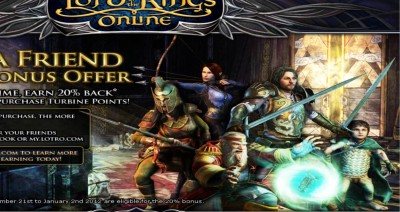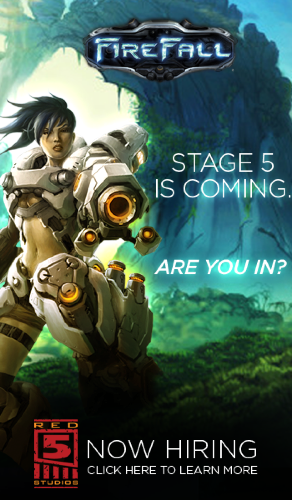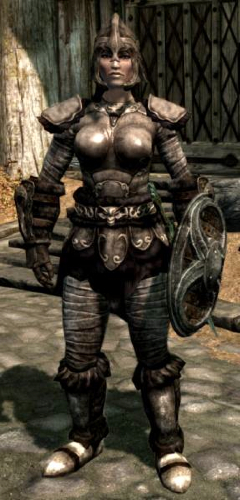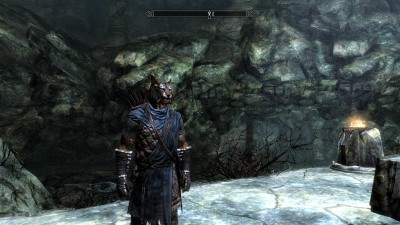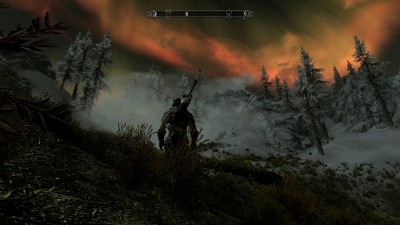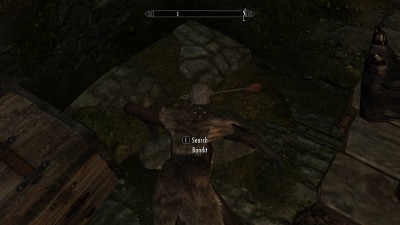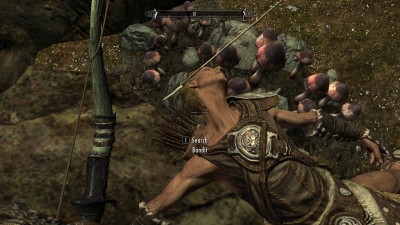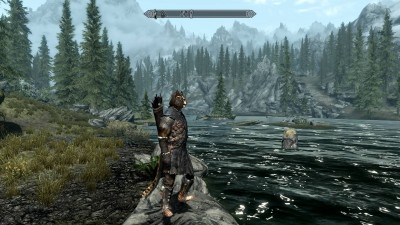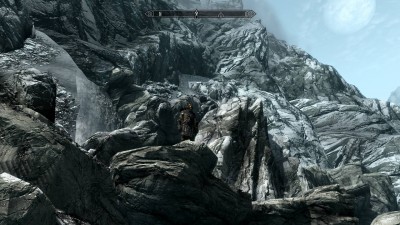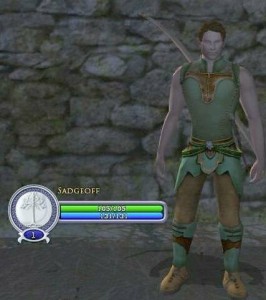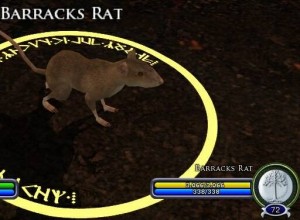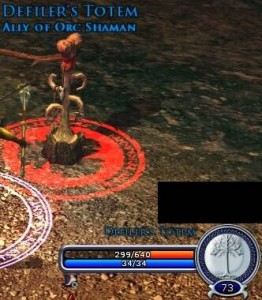Back in ye olde days, I spent a lot of time creating characters for pencil and paper RPGs. For most games that was quite a lengthy process; read and thoroughly digest the rulebook, assess the possible races, classes, skills, spells, feats and the like, roll up stats (oh look, the 3d6 came up as 18. Again. Honest.) Best of all was outfitting; I do love a good equipment list. There’s something about a lengthy table of items with their cost and weight, the RPG equivalent of an Argos catalogue, that laminated book of dreams. Weapons and armour first, of course, with many bonus points if the system could spend three pages on polearms alone (I seem to recall Tunnels and Trolls was another one with about seventeen different types of dagger), but you couldn’t neglect the other items that might prove useful. My dungeoneers would be kitted out with rope, grappling hooks, hammers, pitons, torches, lanterns, flasks of oil, flint and steel, parchment and quills for in-game map making, needle, thread, a saw, belts, sacks, pouches, cutlery, kindling, obligatory ten foot pole, canvas, paint, carrier pigeons, scaffolding, oars, a tricorder, first aid kit, fire extinguisher, laser pistol, rations, flour, flasks of water, travel oven, breathing apparatus, space suit and portable folding kitchen sink. They were ready for absolutely anything, apart from moving under the weight of all that junk.
Being something of a rulebook magpie I had a shelf full of different RPG systems, all with at least one character ready to go, usually more. The logistics of getting (real) people together meant actual opportunities to play were far more limited, though, so the vast majority of characters were purely theoretical. OK, so all characters in roleplaying games (LARP aside) are imaginary, but these ones didn’t even go on real imaginary adventures. Though some of them went on extensive theoretical imaginary adventures in order to get hold of the cool stuff from the magical items lists, or to set themselves up in strongholds or castles. Theoretical adventures generally worked out for the best, as they avoided all those awkward issues of where to leave the mule train, wagon and camels (you never know when you might need to cross a desert) while investigating a dungeon, and just how someone could move without slicing their own foot off when they had nine throwing daggers tucked into each boot (just in case). It also avoided the dread spectre of the non-optimal character, that most heinous of MMOG crimes, for every character was perfectly suited to whatever situations I thought they’d probably encounter. Horatio the Multilingual, with no combat skills or spells but phenomenal memory, fluent in 17 different languages (including Dragon, Lizard and French), might not have been much use against wave after wave of kobolds or zombies, but he was the ideal choice to engage in diplomacy and intrigue in a bustling trading port (not that he ever experienced either, but had he hypothetically done so it would certainly have been the latter, resulting in a grateful Duke awarding him command of his own barquentine, outfitted as per table 7, page 364).
Getting into computer RPGs slightly shifted the focus, as they had this peculiar idea that just creating a character wasn’t the main point of the game, that you should take that character (or party) off on an adventure. The adventures had to work within the limitations of the computer, and were therefore mostly combat-oriented, but what they lacked in endless possibilities they made up for in not requiring other humans who, even once you had herded them to the right place, at the right time, with the right number of polyhedral dice for a game, wouldn’t always be on quite the same page…
(You create a brilliant scenario involving the Comte de Drakenfall, a nobleman who goes to war, but on his way home receives word that his younger brother, steward of the estate in his absence, has fallen under the sway of a necromancer, is experimenting with vile magicks, and plotting to kill the Comte before he can reclaim his lands. The Comte disguises himself to evade assassins, and seeks the aid of the players in an inn…)
“A man approaches you; he is wearing the plain clothes of a travelling merchant [rolls dice] but you notice several expensive rings on his hand, one of them with a crest [rolls dice] that you do not recognise. ‘You seem able to handle yourselves’ he says, ‘perhaps…'”
“Hang on, expensive rings?”
“Yes”
“Brilliant. I stab him and nick the rings.”
“What?”
“Yeah, he’s not expecting it right, so it’s definitely a surprise attack. [rolls dice] That’s a hit, right? [rolls dice] 17 points of damage.”
“But… he… but…”
“Is he dead?”
“Yes”
“Ace. I take his rings and sell them. Now, any dungeons near here where we can kill some goblins and nick their stuff?”
Anyway, even without the option to purchase improbable quantities of camping equipment, I still rather enjoy whipping up new characters in CRPGs and MMOGs, picking races, classes, powers, abilities etc. One area where they tend to shade the old pencil and paper systems is in character appearance; of course they’re limited to what the computer can render as opposed to the unconstrained range of human imagination, but my imagination isn’t terribly visual and is no match for a team of skilled artists and 3D modellers when it comes to potential shoulder pad options.
All of which waffling is really just preamble to saying: I downloaded DC Universe Online the other day. I hadn’t been planning to; after bouncing off Champions Online (again) earlier this year I’ve been having a splendid old time in City of Heroes since it went “freemium”, so it’s not as if there’s been a lack of superheroic-type online fun. It wasn’t the prospect of interacting with DC’s iconic heroes that did it, or a more action oriented style of play, or even the fact that DCUO went free to play (though that was a contributory factor), it was a screenshot from the character creator that made me want to whip up a DC hero, so I kicked off the download overnight.
15Gb and a quick blast through the tutorial later, if I had to pick one word for DCUO I think I’d go with “adequate”. For character creation the interface is pretty big and clunky, presumably to support a controller as well as the mouse, but it does the job. The option to create a character “inspired by” a signature DC hero or villain is quite novel if you want to get into the game with minimum fuss, I went down the custom route with dual pistols as a weapon and fire as the power. The range of costume parts you select from isn’t terribly large, but is… adequate. Launching into the game itself you get a quick cutscene outlining the plot with Brainiac and a time-travelling Lex Luthor involved somehow, but though I enjoy some of the individual titles I’m not much of a fan of the DC Universe as a whole, so it didn’t do much for me.
The tutorial involves escaping from one of Brainiac’s ships, and introduces the usual MMOG moving, attacking, and killing of random integer quantities of things. Combat does feel quite dynamic for a MMOG, on a par with something like Age of Conan, pistols having a melee attack on the left mouse button and a ranged attack on the right, all quite… adequate.
Finishing the story you chat to a few people around a police station then wander out to fight crime in the city, during which time I levelled up to get the “Meteor Strike” fire power. That was quite interesting, as rather than just a bunch of particle effects a tangible meteor rockets down to smite your foe, then rolls around a bit in the landscape (apparently it can even be picked up and chucked). That’s quite novel, though I was a touch disappointed that raining down a giant meteor from the very heavens themselves upon the head of an opponent didn’t squash him flat, but knocked about half his health bar down. Tough cookie.
All in all it’s fine, but just doesn’t really shine. If you really like the DC Universe that might be the clincher, if not it’s hard to recommend DCUO over Champions Online or City of Heroes, I can’t see myself leaving CoH for it in the near future.
